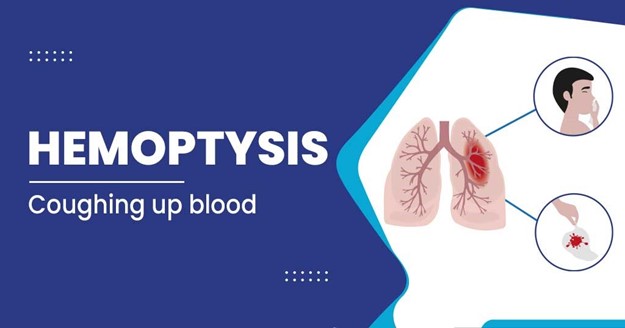A nurse is instructing a client who has cancer about precautions to take while undergoing chemotherapy. Which of the following statements by the client indicates an understanding of the teaching?
"I will wear gloves when I change my cat's litter box.".
"I will take my temperature once each week.".
"I will be able to attend my favorite singer's concert.".
"I will allow my toothbrush to dry completely between each use.".
The Correct Answer is A
Choice A rationale:
Wearing gloves when changing the cat's litter box is essential during chemotherapy because some chemotherapy drugs can be excreted in bodily fluids, including feces. Protecting against direct contact with potentially harmful substances is crucial to minimize exposure risks.
Choice B rationale:
Taking the temperature once each week is not a relevant precaution during chemotherapy. Monitoring temperature is important, but it should be done more frequently, such as daily, as chemotherapy can cause immunosuppression, increasing the risk of infection.
Choice C rationale:
Being able to attend a concert is not related to precautions during chemotherapy. It is essential for clients undergoing chemotherapy to avoid large gatherings and events where they might be exposed to infections.
Choice D rationale:
Allowing the toothbrush to dry completely between each use is a good hygiene practice but not specifically related to chemotherapy precautions. Proper oral hygiene is essential during chemotherapy, but using a soft toothbrush and regularly replacing it are more relevant considerations.
Nursing Test Bank
Naxlex Comprehensive Predictor Exams
Related Questions
Correct Answer is C
Explanation
Choice A rationale:
Expiratory rhonchi are typically associated with conditions such as chronic bronchitis or asthma but are not specific to pulmonary embolism.
Choice B rationale:
Petechiae over the lower extremities is not a characteristic finding in pulmonary embolism. Petechiae are tiny red or purple spots that appear due to bleeding under the skin and may be associated with other conditions like thrombocytopenia.
Choice C rationale:

The correct choice. Hemoptysis, which refers to coughing up blood, is a concerning finding in pulmonary embolism. It occurs due to the obstruction of blood flow in the pulmonary vasculature, leading to blood leaking into the lungs.
Choice D rationale:
Flattened neck veins are more likely to be observed in conditions associated with decreased venous return to the heart, such as hypovolemia or cardiac tamponade, and are not directly related to pulmonary embolism.
Correct Answer is D
Explanation
Answer: D. The nurse refers a client who has chronic obstructive pulmonary disease for palliative care services:
Rationale:
A) The nurse files an incident report regarding a medication error:
Filing an incident report about a medication error is an important action for ensuring safety and quality improvement within the healthcare setting. However, it is primarily a procedural and administrative task rather than an act of direct advocacy for an individual client's needs or rights.
B) The nurse provides wound care to a client at the time promised to the client:
Providing wound care as promised demonstrates reliability and adherence to care plans, which is essential for trust and effective nursing practice. While this action shows respect for the client's needs and preferences, it does not specifically address the broader role of advocacy, which often involves intervening on behalf of the client's best interests in more complex situations.
C) The nurse declines to inform a client's neighbor about the client's prognosis:
Maintaining client confidentiality by not sharing private information with unauthorized individuals is a fundamental aspect of ethical nursing practice. This action protects the client's privacy but is more about upholding legal and ethical standards than actively advocating for the client's overall well-being or specific needs.
D) The nurse refers a client who has chronic obstructive pulmonary disease for palliative care services:
Referring a client with chronic obstructive pulmonary disease (COPD) to palliative care services exemplifies client advocacy. This action recognizes the client's need for comprehensive support, focusing on improving quality of life, managing symptoms, and providing holistic care. It involves proactive steps to address the client's complex health needs, ensuring they receive appropriate and compassionate care beyond standard medical treatment.
Whether you are a student looking to ace your exams or a practicing nurse seeking to enhance your expertise , our nursing education contents will empower you with the confidence and competence to make a difference in the lives of patients and become a respected leader in the healthcare field.
Visit Naxlex, invest in your future and unlock endless possibilities with our unparalleled nursing education contents today
Report Wrong Answer on the Current Question
Do you disagree with the answer? If yes, what is your expected answer? Explain.
Kindly be descriptive with the issue you are facing.
